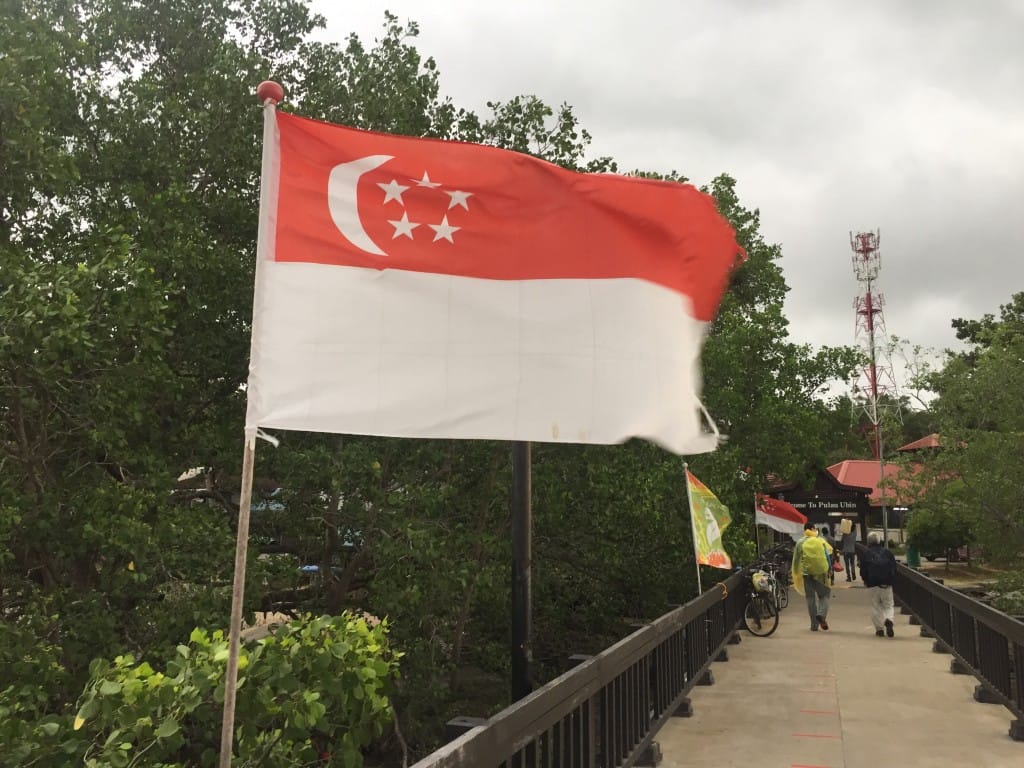The National Environment Agency (NEA) has selected three firms—BeZero Carbon Ltd, Calyx Global, Inc and Sylvera Ltd—to provide independent assessments of carbon-credit methodologies and projects under the official framework for Singapore’s international carbon credits.
The move supports Singapore’s International Carbon Credit (ICC) Framework, allowing carbon-tax liable companies to offset up to 5 % of their taxable emissions with eligible credits from 2024.
By bolstering governance of methodology and project quality, Singapore aims to reinforce integrity in cross-border credits, which bears directly on investor confidence and the Article 6 market architecture.
Leaping into action in a nascent market
In Singapore, the carbon-credit offset regime is now gaining structured depth. The NEA announced on 7 November 2025 that BeZero, Calyx and Sylvera will form a ratings panel to support Singapore’s governance of the ICC Framework. These firms bring ratings capability for assessing methodology and project design. Their appointment follows a competitive tender process launched in May 2025, during which firms were evaluated on expertise, track record, team qualifications and cost competitiveness.
This step comes as Singapore sharpens its carbon-tax regime. Companies subject to the tax will, from 2024, have the option to use eligible ICCs to offset up to 5 % of taxable emissions, aligning with the eligibility criteria published in late 2023. The inclusion of independent ratings firms helps bolster oversight of method design and project implementation in this offset channel.
Strengthening the ICC Framework
Under the ICC Framework, Singapore’s eligibility doctrine rests on seven principles—credits must be real, additional, permanent, quantifiable, prevent leakage, and carry no net-harm, among others. The NEA and the Ministry of Sustainability and the Environment published the criteria in October 2023, and the first eligibility lists followed in December.
According to published guidance, the NEA will regularly review its list of approved methodologies and host-country programmes, delisting those that fail to meet scientific or market developments. Singapore has also confirmed that it will only accept forest-carbon offsets if the host country has strong deforestation safeguards in place, signalling selective entry into nature-based credits.
The new ratings panel will embed into this governance architecture. Their role: provide expert assessments of methodology and project submissions being considered under the ICC Framework, and inform NEA’s independent review of proposed credits. In so doing, Singapore seeks to raise the environmental and governance bar for supply of ICC-eligible projects, helping to diversify the pipeline of credits available to tax-liable companies.
RELATED ARTICLE: Singapore Issues Practical Guidance to Advance Adoption of Singapore-Asia Taxonomy for Transition Finance
Market implications for corporates and investors
For corporates operating in Singapore’s taxed sectors, this enhancement increases the transparency of the offset channel. The involvement of reputable ratings firms signals that methodology risk—often a blind spot in offset procurement—is now receiving formal recognition. That should encourage greater corporate uptake of ICCs, provided project pipelines align with Singapore’s framework.
For investors and project-developers, Singapore’s decision to appoint ratings providers is a positive signal for cross-border credit markets. Methodological integrity and ratings discipline reduce project- and jurisdictional-risk, thereby strengthening the investment case for Article 6-linked opportunities. However, supply is still nascent: host-country implementation agreements for countries like Ghana and Peru have been announced, yet specific project calls remain emerging.
Global relevance: governance of carbon credit markets
Singapore’s move mirrors broader themes in global carbon-market governance. As jurisdictions operationalise Article 6, rigorous eligibility criteria, independent review and ratings of methodologies and projects will become key enablers of market confidence. Singapore’s ratings panel initiative could serve as a model for other jurisdictions seeking to combine policy credibility with market scalability.
What this means for decision-makers
For sustainability and climate-risk heads, procurement of ICCs must now factor in the ratings outcome of the methodology/project in question. Ensure due-diligence considers the ratings firm’s assessment in your selection and risk-management process. For finance and investment leads, Singapore’s structure reinforces the case for integrating methodology-risk premiums into pricing of credits and structuring of Article 6-linked assets. Finally, for project developers, alignment with Singapore’s eligibility criteria, and early engagement with ratings firms, will be increasingly important to secure offtake under the ICC channel.
Singapore’s step activating independent ratings for carbon credits may not single-handedly ‘solve’ offset integrity issues, but it does strengthen governance architecture in a market where trust has been a constraint. As more jurisdictions design offset schemes, the institutional rigour Singapore introduces may become a touch-point for global carbon-market design and investor confidence.
Follow ESG News on LinkedIn

